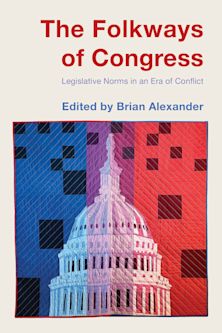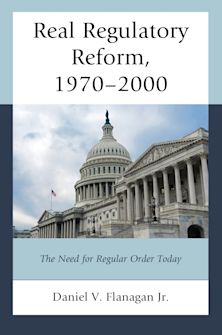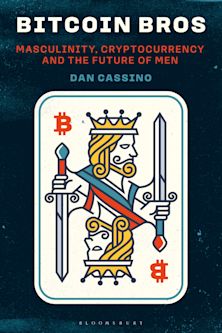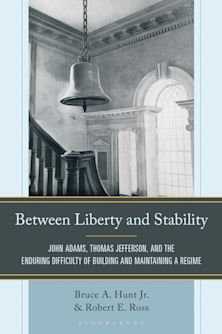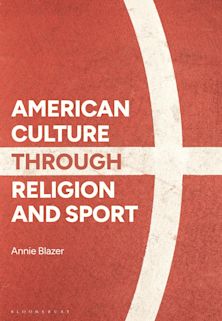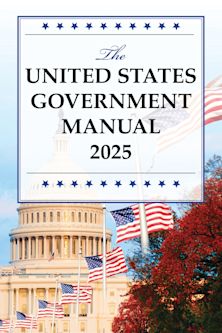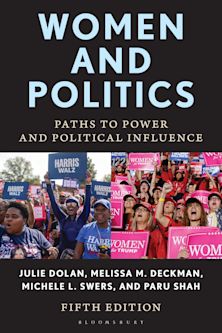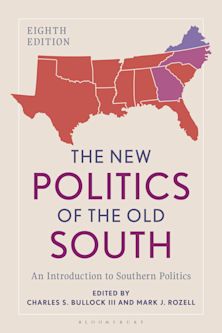- Home
- ACADEMIC
- Politics & International Relations
- American Government and Politics
- Misreading the Public
Misreading the Public
The Myth of a New Isolationism
Misreading the Public
The Myth of a New Isolationism
You must sign in to add this item to your wishlist. Please sign in or create an account
Description
Do American policymakers really know what the American public wants in U.S. foreign policy? Through extensive interviews with members of the policy community, the authors reveal a pervasive belief—especially in Congress—that, in the wake of the cold war, the public is showing a new isolationism: opposition to foreign aid, hostility to the United Nations, and aversion to contributing U.S. troops to peacekeeping operations. This view of the public has in turn had a significant impact on U.S. foreign policy. However, through a comprehensive review of polling data, as well as focus groups, the authors show that all these beliefs about the public are myths. The public does complain that the United States is playing the role of dominant world leader more than it should, but this does not lead to a desire to withdraw. Instead people prefer to share responsibility with other nations, particularly through the UN. The authors offer explanations of how such a misperception can occur and suggest ways to improve communication between the public and policymakers, including better presentation of polling data and more attention by practitioners to a wider public.
Product details
| Published | Jan 01 1999 |
|---|---|
| Format | Ebook (PDF) |
| Edition | 1st |
| Extent | 330 |
| ISBN | 9780815791386 |
| Imprint | Brookings Institution Press |
| Publisher | Bloomsbury Publishing |












